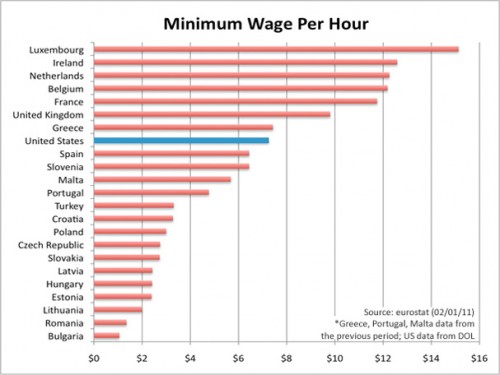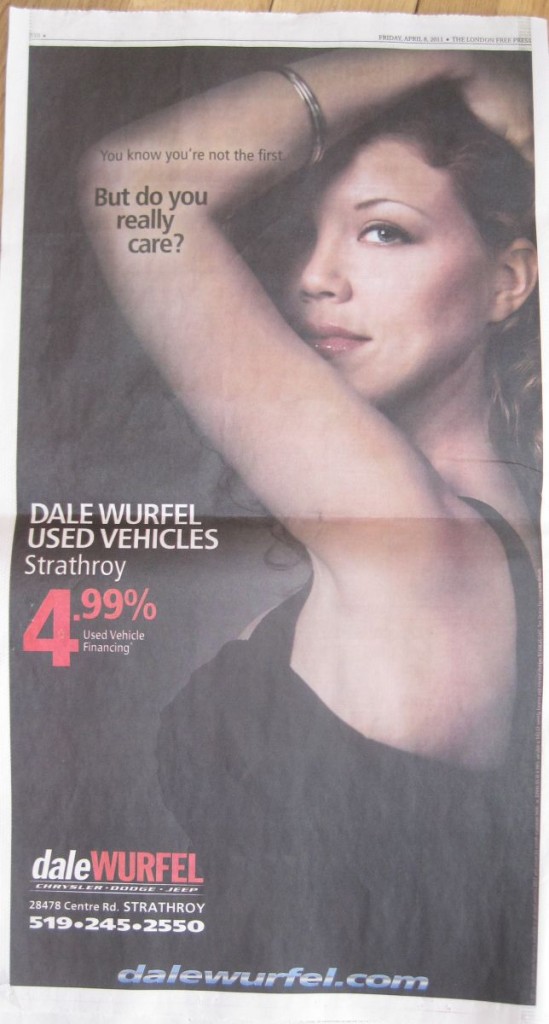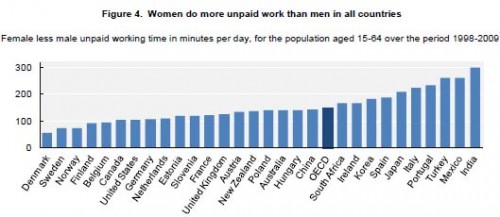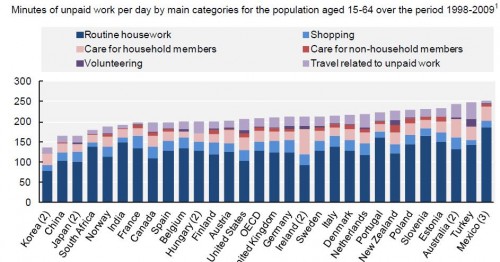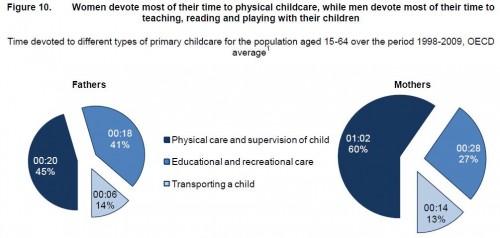The “poverty line” is an income, set by the federal government, used to measure whether one is in or out of poverty. But this line, of course, is both sociological and political. What is poverty?
A nonprofit organization called Wider Opportunities for Women has released a study challenging the federal poverty lines. According to the New York Times article on their work, their aim is to “…set thresholds for economic stability rather than mere survival, and takes into account saving for retirement and emergencies.” Their “lines,” then, deviate significantly from those of the federal government.
Lisa Wade, PhD is an Associate Professor at Tulane University. She is the author of American Hookup, a book about college sexual culture; a textbook about gender; and a forthcoming introductory text: Terrible Magnificent Sociology. You can follow her on Twitter and Instagram.



